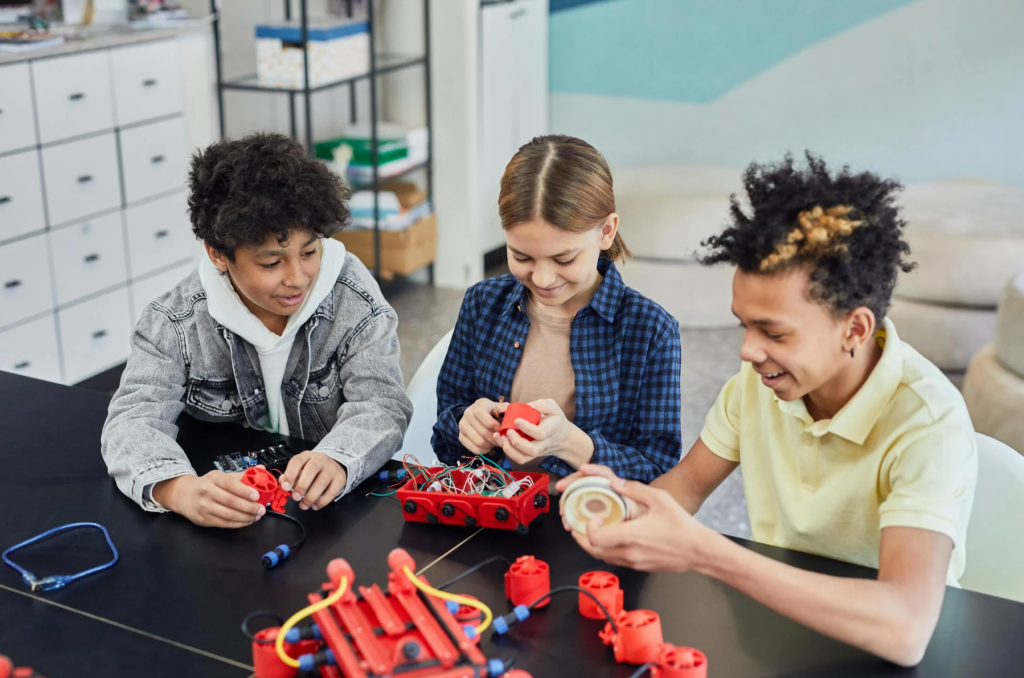Based on OECD’s report, “skills are the ability and capacity to carry out processes and be able to use one’s knowledge in a responsible way to achieve a goal. Skills are part of a holistic concept of competency, involving the mobilisation of knowledge, skills, attitudes and values to meet complex demands. The OECD Learning Compass 2030 distinguishes between three different types of skills: cognitive and metacognitive skills, social and emotional skills, and physical and practical skills. As trends such as globalisation and advances in artificial intelligence change the demands of the labour market and the skills needed for workers to succeed, people need to rely even more on their uniquely (so far) human capacity for creativity, responsibility and the ability to “learn to learn” throughout their life. Social and emotional skills, such as empathy, self-awareness, respect for others and the ability to communicate, are becoming essential as classrooms and workplaces become more ethnically, culturally and linguistically diverse. Achievement at school also depends on a number of social and emotional skills, such as perseverance, efficacy, responsibility, curiosity and emotional stability. Physical and practical skills are not only associated with daily manual tasks, such as feeding and clothing oneself, but also with the arts. To date, researchers have been unable to identify a comparable activity that develops the cognitive capacity of children in the same ways or to the same extent as music and arts education does. Engaging with the arts also helps students develop empathic intelligence, which enhances their emotional engagement, commitment and persistence.” (OECD: Future of Education and Skills 2030/2040)
